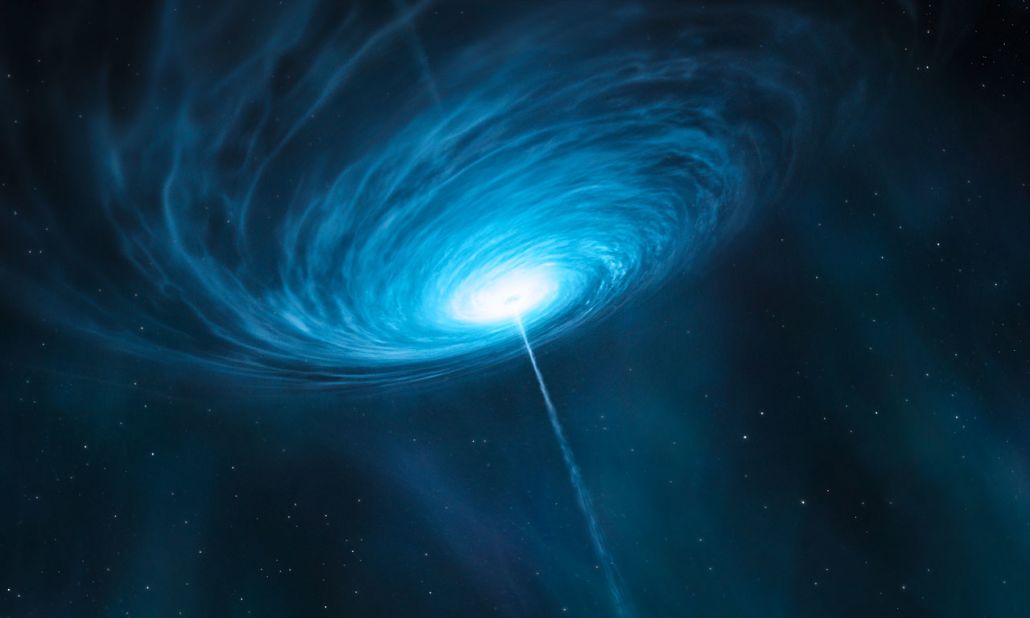Scientists came to the conclusion that time in the Universe, which was a little more than 1 billion years old, moved five times slower than now. This is evidenced by observations of luminosity variations of more than 200 quasars.

Time moved slower
Time in the Universe, which was just over 1 billion years old, moved about 5 times slower than now. This is the conclusion reached by astronomers from the University of Sydney. For this purpose, they observed quasars, the distance to which is from 3 to 12.2 billion light-years from us.
In the first two billion years of our Universe’s existence, a lot of interesting things happened in it. The interstellar gas was reionized, as a result of which it became transparent. As a result of a process that had not yet been definitively established, supermassive black holes were formed in the centers of galaxies, and they grew and evolved rapidly.
Scientists analyzed the radiation of 190 quasars and established for them a clear frequency of brightness changes, which changed greatly depending on how far away this object was from us. It makes it clear that the further away an object is from the beginning of the Universe, the slower these variations occur.
Predictions of the theory of relativity
In fact, there is nothing unusual in such a time slowdown. It was predicted by the general theory of relativity. And the presence of redshift in the spectra of the quasars, so the displacement of the absorption lines to the red side of the spectrum indirectly confirmed it.
It is worth saying that if the observer had been in that time, he would not have felt any slowdown. Seconds would remain seconds. However, from our point of view, all the processes there should have been slower. And we would definitely have seen it if it weren’t for the great distance to these objects.
At the same time, at short distances, which are measured only in hundreds of millions of light-years, such a slowdown was established even earlier. It was seen during the study of supernovae in other galaxies.
However, these objects are not bright enough to observe them through the entire Universe, and quasars are better suited for this role. But their previous studies have not shown any time slowing, which has led scientists to question whether they correctly understand how the universe works. However, a new study showed that it was some kind of mistake.
According to phys.org
Follow us on Twitter to get the most interesting space news in time
https://twitter.com/ust_magazine

